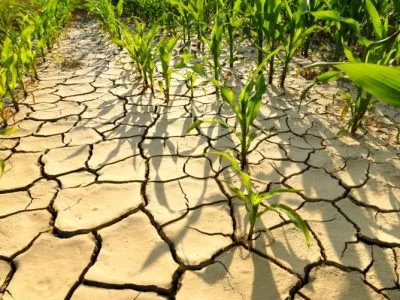What Wind Power Means For Africa
The installation of wind power stations represents “an original approach” for African countries seeking to ensure sustainable economic growth. This was the message behind a study released by the African Development Bank (AfDB).
At present, the African continent continues to lag seriously behind in the implementation of certain development projects. There is a notable failure to act in the field of energy, especially in terms of a set of options for establishing carbon trading.
It was indicated that such steps will be taken through the exploitation of wind energy in eight African countries. These will benefit from this project during the pilot phase, between now and 2013.
The study also notes that this natural resource is not being used efficiently to generate electricity for the benefit of isolated communities across the continent. Nevertheless, despite this negative view, it is possible to be optimistic about the projects currently underway.
The exact sum that would need to be released to fund projects of this kind remains unknown. However, the estimates included in this report show that the region of North Africa is, to date, the only part of the continent which has been able to create mechanisms designed to develop the market for this type of renewable energy drawn directly from wind. It is followed by the regions of East Africa and southern Africa respectively.
While, in some circumstances, external help is a condition for development, the research economists are convinced that it is not, in itself, sufficient for achieving this goal. The active involvement of the private sector is also necessary.
In sum, the wind development project remains in the launch phase. After all, the entire continent of Africa currently produces a mere one Gigawatt of electricity. This represents the output of a few wind-power stations that have been built with US $1.8 billion in funding provided by donor organizations.
Unfortunately, current instability in certain parts of the continent, especially in Mali and the Democratic Republic of Congo, has been cited as a serious obstacle to implementing sustainable development projects.
If you want to know more about this and other topics directly from end users of energy storage technologies join us at one of these annual events: The Energy Storage World Forum (Grid Scale Applications), or The Residential Energy Storage Forum, or one of our Training Courses.



